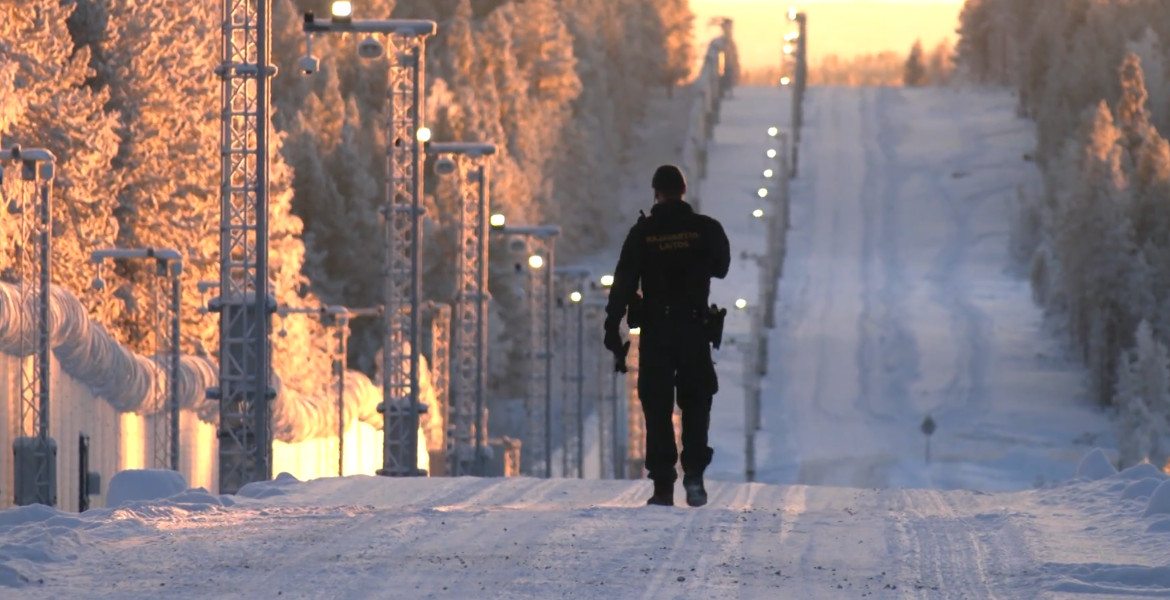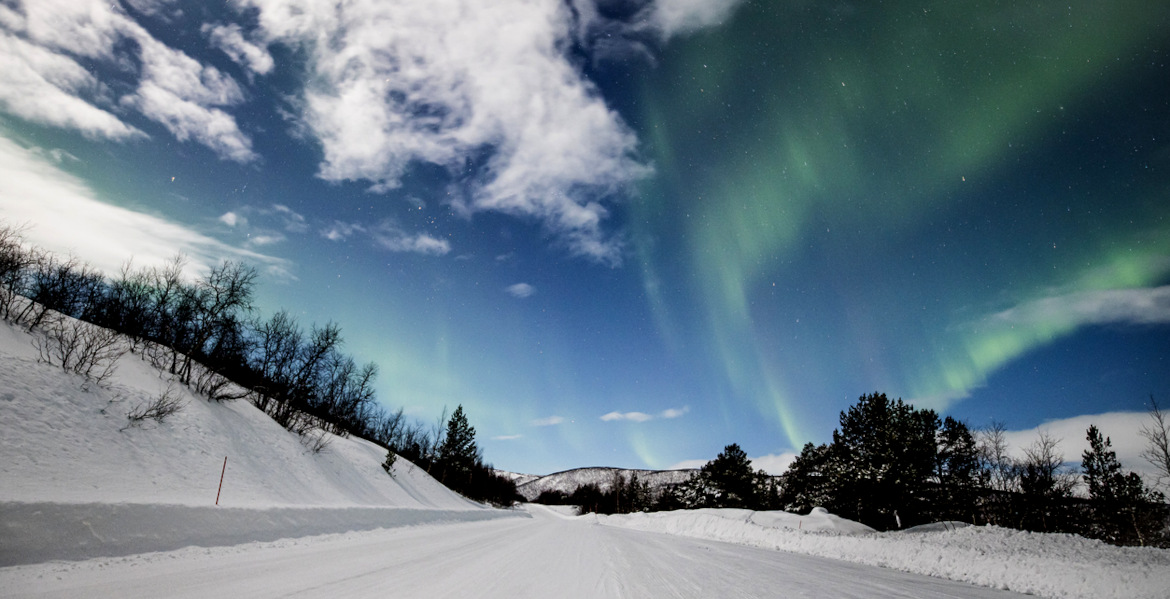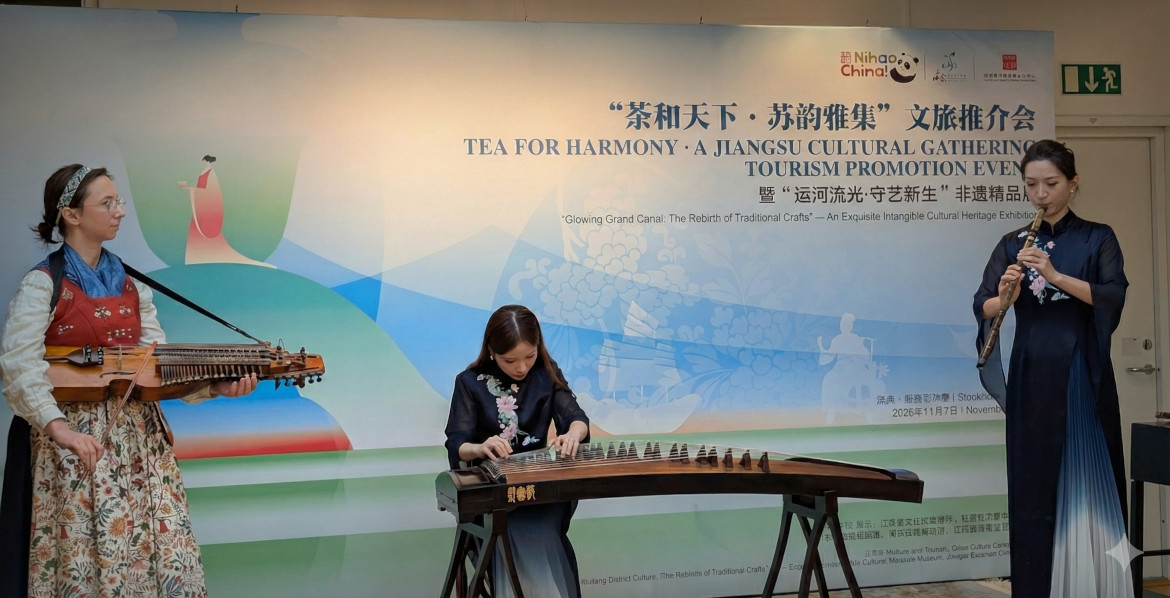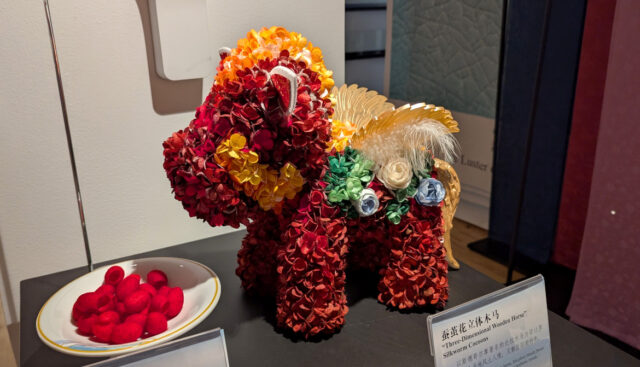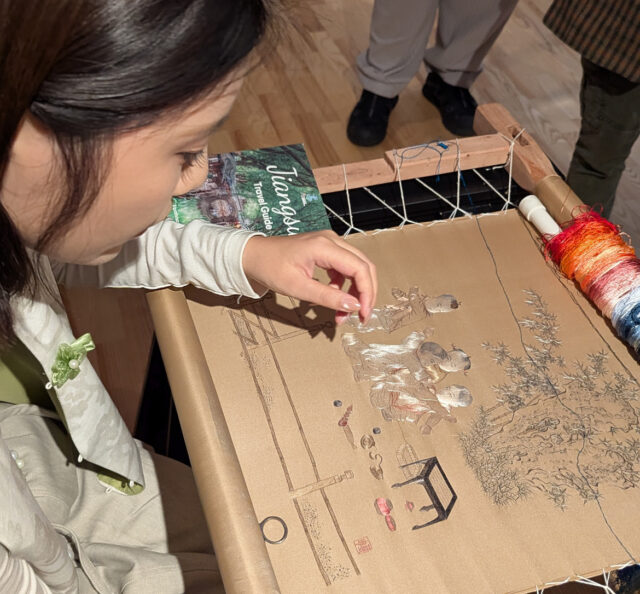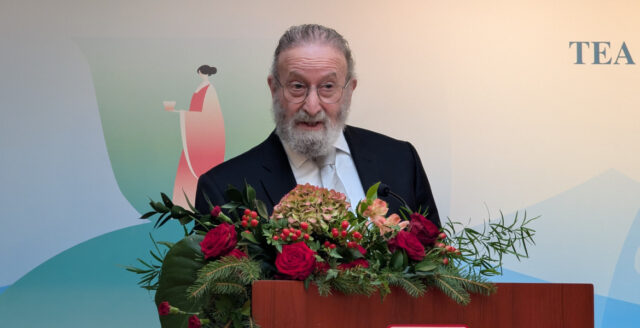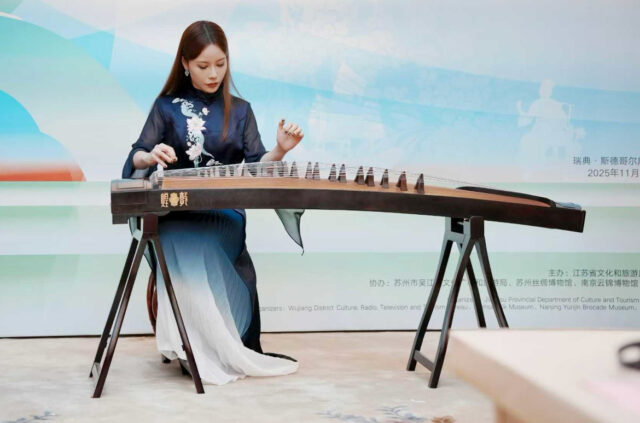In the last days of October, Helsinki came alive with the annual book fair at the Expo and Convention Centre, drawing Finnish and international authors for discussions on literature, art, and society. Thousands of visitors streamed in to discover books, vinyl records, decor, and more.
Prime Minister Alexander Stubb, speaking at the fair’s opening, noted that “literature builds our identity”, a sentiment that resonated with the spirit of the event.
On a gray, crispy Sunday morning the streets of Helsinki are quiet. Finns have cozied up inside their homes clenching to their beloved cups of coffee or are enjoying the avocado toasts and eggs benedict of their local brunch places. But there is one place in the city that is full of life - the Helsinki Book Fair. Outside the Expo and Convention Centre, people are speed walking to make their way first to the queues. Babies in strollers, elderly with their canes, and youngsters with their hip outfits.

After a quick scan of the ticket’s QR code I have also made my way inside. I take off my scarf and my coat, fold them neatly in my bag, and prepare for “The Future”, this year’s theme. As I walk towards the exhibition hall, I can already feel the overwhelming twist in my stomach as my eyes open widely to the immense amount of literature, art, music, and so much more than I could have expected.
People of all ages, backgrounds, and interests have gathered together to enjoy the 4-day annual exhibit in Pasila. As I was wondering why is it that Finns choose to spend their Sunday at the book fair, Markus, an attendee, replied:
“The book fair has received an increased popularity over the past few years in media, and that also caught my eye”.
Markus says the thing he was mostly looking forward to at the fair was the vinyl selection.
“I’ve been meaning to update my vinyl selection and I knew that here I could find good jazz LPs”.

The fair attracts not only natives but people from all over the world - more than 30 international authors were present this year. Panel discussions with writers, politicians, and industry professionals stopped people from flipping through the book's pages and take a seat to listen to what they have to say.
On its opening day, the Helsinki Book Fair welcomed the president of Finland Alexander Stubb. He answered questions from the audience about the importance of literature for the Finnish nation.
”That is everything. Literature builds our identity (...) In our collective thinking Finnishness consists of the interpretation of history and literature around it. Without literature, we would not be”.
Stubb’s reflections on identity set the stage for deeper discussions throughout the fair.

The most crowded panel I saw during my visit was held by Hanna Ylöstalo, Emma Lamberg, and Inna Perheentupa on Feminism in Economics. Despite the language barrier, the audience’s sharp focus on the discussion showed a strong engagement with what was being shared.
After a quick bite from the Wine and Food corner at the fair, I was already looking forward to next year’s book fair. Until then, I’ll hold onto the inspiration of being surrounded by so many works of art in literary form.


